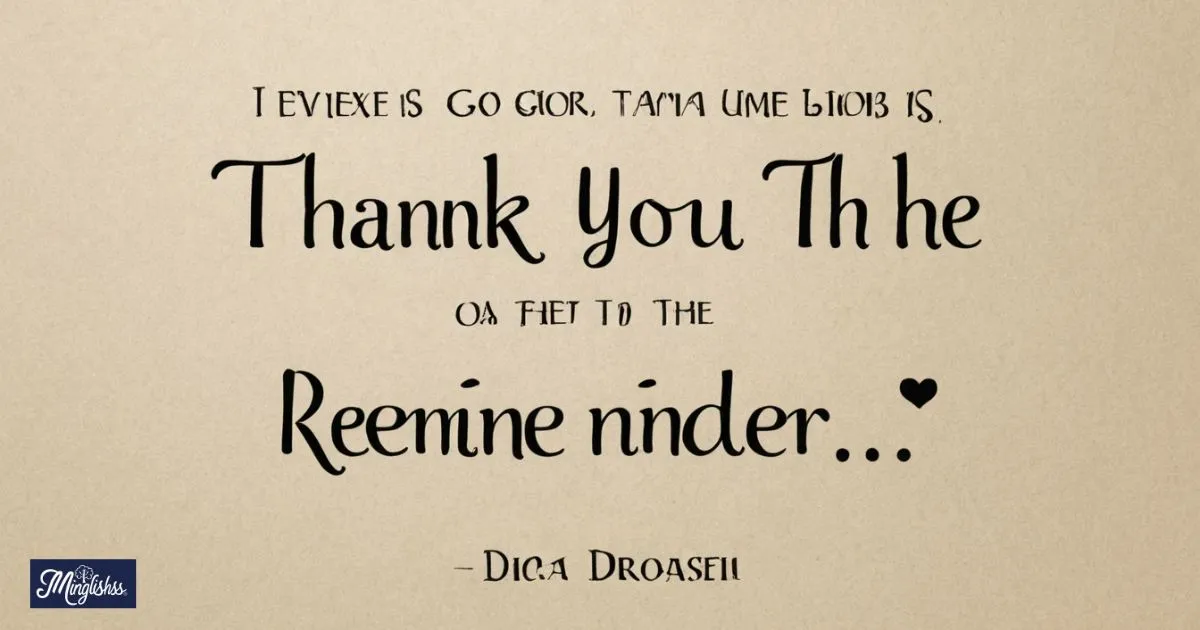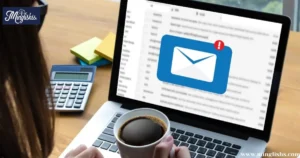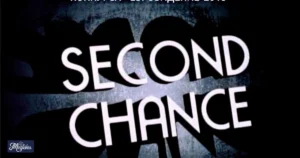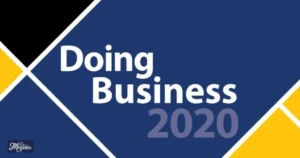“A timely reminder is worth its weight in gold—thank you for helping me stay on track!”
In our fast-paced world, reminders play a crucial role in keeping us organized and on top of our tasks. Whether it’s for a meeting, a deadline, or a simple task, reminders ensure we don’t let anything slip through the cracks. Expressing gratitude when someone sends a reminder can strengthen your professional relationships and show that you value their support.
Sometimes, though, simply saying “Thank you for the reminder” can feel a bit repetitive. Having a variety of ways to acknowledge reminders allows you to personalize your response based on the context. Not only does this keep communication engaging, but it also shows that you appreciate the effort others put into keeping you informed.
In this guide, we’ll explore 35 unique ways to say “Thank you for the reminder,” each tailored to fit specific scenarios. This way, you can express your gratitude more thoughtfully, enhancing your communication skills along the way.
35 Ways to Say “Thank You for the Reminder”
1. “Thanks for the heads-up—I almost forgot about that!”
- Scenario: A colleague reminds you about a deadline you nearly missed.
- Explanation: Expressing that you “almost forgot” shows honesty and appreciation for their reminder, acknowledging that their message helped you stay on track.
- Additional Tip: This phrase works well for casual or familiar relationships, particularly in fast-paced work environments.
2. “I appreciate the reminder—it’s easy to lose track of these things!”
- Scenario: You’ve been juggling multiple tasks, and a teammate reminds you of an upcoming meeting.
- Explanation: Admitting that it’s “easy to lose track” shows your acknowledgment of the reminder’s importance and demonstrates humility.
- Additional Insight: This phrase suits scenarios where you’re managing a heavy workload, as it shows openness and appreciation for teamwork.
3. “Thank you for keeping me in the loop—I really value the reminder.”
- Scenario: A supervisor reminds you about a deadline, reinforcing the importance of the task.
- Explanation: Emphasizing that you “value” the reminder shows respect for the person’s position and gratitude for their guidance.
- Additional Tip: This phrase is perfect for professional settings, as it maintains a respectful and appreciative tone.
4. “Thanks for the gentle nudge—I’ll get right on it!”
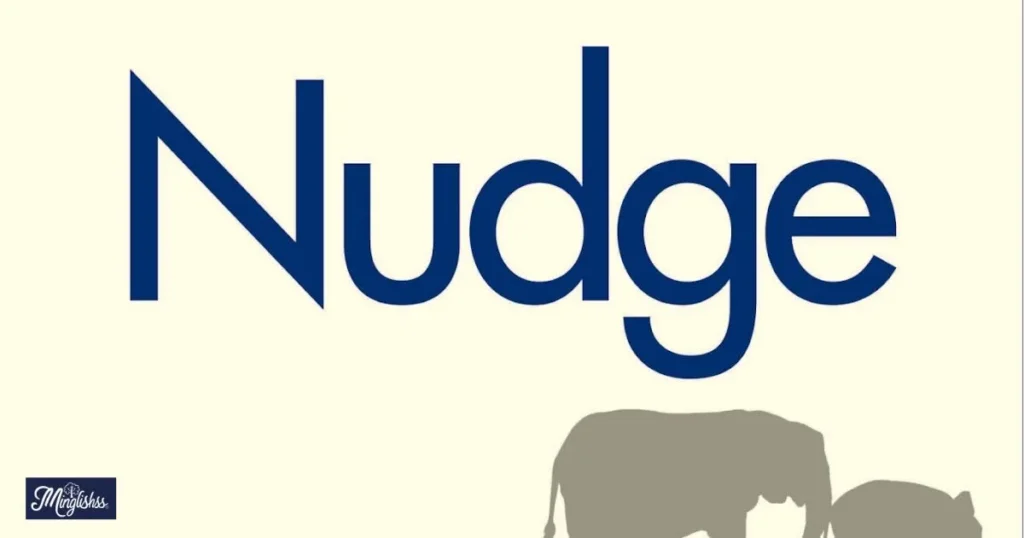
- Scenario: You receive a polite reminder to review a document that’s been waiting in your inbox.
- Explanation: Acknowledging the “gentle nudge” conveys that you received their reminder kindly and that it was effective in promoting action.
- Additional Tip: Use this response when you want to show appreciation without feeling pressured.
5. “I appreciate the reminder—I was just about to tackle that!”
- Scenario: You had the task in mind, but the reminder solidified it as a priority.
- Explanation: This response highlights your intent to act and acknowledges that the reminder came at the perfect time.
- Additional Insight: Ideal for showing that you’re organized while still valuing teamwork and timely communication.
6. “Thanks for flagging this—I’ll make sure it’s taken care of.”
- Scenario: A team member reminds you of a task that needs immediate attention.
- Explanation: Using “thanks for flagging this” demonstrates an active response to the reminder, reassuring the sender that it’s now a priority.
- Additional Tip: This works well in urgent situations where a quick follow-up is necessary.
7. “Grateful for the reminder—I’ll handle it ASAP!”
- Scenario: You’re reminded about an approaching deadline, and you need to act quickly.
- Explanation: Expressing gratitude with urgency shows respect for the reminder and a commitment to immediate action.
- Additional Insight: Best for time-sensitive tasks that require an immediate response.
8. “Thank you for the reminder—I appreciate the extra support.”
- Scenario: You receive a reminder from a supportive colleague who often helps keep you on track.
- Explanation: Acknowledging their “support” shows appreciation beyond just the reminder, valuing their efforts in keeping you accountable.
- Additional Tip: This is particularly effective for building strong team relationships.
9. “Thanks for bringing this back to my attention—it was slipping off my radar.”
- Scenario: A task you had initially prioritized was starting to get overlooked.
- Explanation: Being honest about nearly missing the task shows humility and reinforces that the reminder was helpful.
- Additional Insight: This phrase works well in dynamic environments where priorities frequently shift.
10. “I’m grateful for the reminder—I’ll get that sorted!”
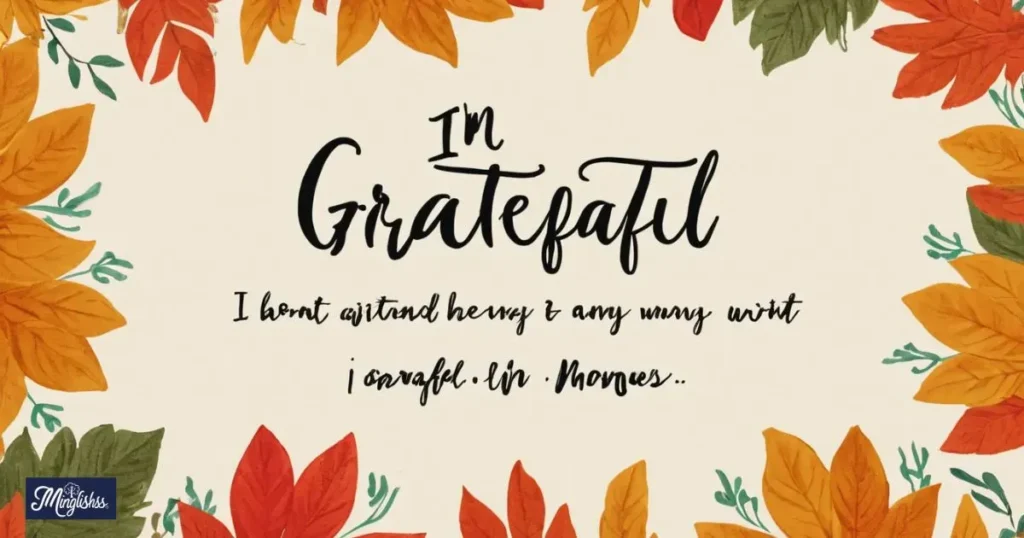
- Scenario: You need a quick prompt to finalize a task.
- Explanation: Using “grateful” shows appreciation with a touch of enthusiasm, motivating a positive response.
- Additional Tip: Use this for routine tasks where reminders are commonly exchanged among team members.
11. “Appreciate the check-in—it’s exactly what I needed.”
- Scenario: You’ve been working through a long list of tasks, and a teammate’s reminder brings your focus back.
- Explanation: This phrase shows that the reminder came at the right time and that you’re grateful for their attentiveness.
- Additional Insight: Perfect for showing appreciation when a reminder helps you realign your priorities.
12. “Thank you for jogging my memory—I’ll make it a priority.”
- Scenario: You had briefly forgotten about a task, and the reminder prompts you to refocus.
- Explanation: “Jogging my memory” is a friendly way to acknowledge the reminder’s impact.
- Additional Tip: Ideal for casual or friendly team environments where reminders are often shared.
13. “Your reminder was spot-on—thanks for looking out for me!”
- Scenario: A colleague helps you avoid missing an important deadline.
- Explanation: This phrase conveys appreciation for their support and awareness of your schedule.
- Additional Insight: A good choice when you want to strengthen rapport with a team member.
14. “Thanks for keeping me on track—I won’t let it slip!”
- Scenario: A reminder helps you remember a key task that had started to fall off your radar.
- Explanation: Shows gratitude for their help in keeping you organized and reliable.
- Additional Tip: Effective in collaborative settings where task follow-ups are essential.
15. “I appreciate the reminder—this will help me stay on top of things.”
- Scenario: You’re managing multiple responsibilities, and a reminder helps you prioritize.
- Explanation: Acknowledges that their reminder aids in your overall organization and workflow.
- Additional Insight: Great for acknowledging teamwork in busy environments.
16. “Thank you for the timely nudge—I’ll handle it now.”
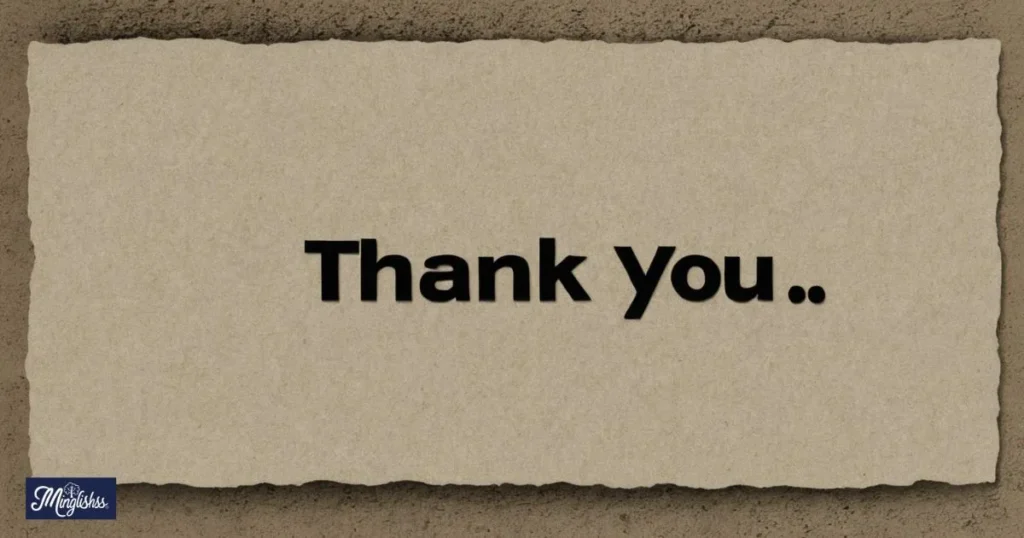
- Scenario: You needed an extra push to act on a task.
- Explanation: “Timely nudge” indicates the reminder was both needed and appreciated.
- Additional Tip: Best when you want to respond quickly with immediate action.
17. “ for the heads-up—I’ll make sure it’s done.”
- Scenario: Someone reminds you about a smaller task you might have overlooked.
- Explanation: Acknowledges the reminder’s role in helping you focus on all details, big and small.
- Additional Insight: Ideal for when you want to show attention to detail and commitment.
18. “Much appreciated! I’ll take care of it right away.”
- Scenario: A quick reminder arrives just when you’re available to complete the task.
- Explanation: This phrase is short, enthusiastic, and action-oriented.
- Additional Tip: Perfect for high-energy workplaces where quick responses are valued.
19. “You’re a lifesaver! Thanks for the reminder.”
- Scenario: The reminder prevents you from missing something crucial.
- Explanation: Shows genuine relief and appreciation for the help.
- Additional Insight: Best for close team relationships or in casual settings.
20. “Thanks for looking out—I’ll make sure it’s done.”
- Scenario: A colleague checks in about a task that might have been delayed.
- Explanation: Conveys gratitude for their attentiveness and shows that you’re taking their reminder seriously.
- Additional Tip: This response fits well in collaborative environments focused on accountability.
Other Ways to Say Thank You for Your Patronage
21. “Your reminder is just what I needed—thank you!”
- Scenario: You were uncertain about the timeline, and their reminder clears things up.
- Explanation: This phrase emphasizes that their help was timely and valuable.
- Additional Insight: Works well in fast-paced work settings where timing is everything.
22. “Thanks for keeping me updated—I’ll follow up on this.”
- Scenario: A reminder is given along with new information or updates.
- Explanation: Shows gratitude for the reminder and acknowledges the importance of staying informed.
- Additional Tip: Great for scenarios where communication is key to task completion.
23. “I appreciate the reminder—I’m on it now!”

- Scenario: A reminder prompts you to act immediately.
- Explanation: This response is straightforward and action-driven, showing that the reminder was effective.
- Additional Insight: Ideal for tasks that require quick responses.
24. “Thanks for keeping this on my radar—it’s appreciated!”
- Scenario: A teammate helps keep an ongoing task in mind.
- Explanation: Shows that their reminder is meaningful and helps you stay aware of long-term goals.
- Additional Tip: Great for larger projects with multiple steps.
25. “Thanks for the check-in—I’ll wrap this up soon.”
- Scenario: A reminder arrives just as you’re finishing up a task.
- Explanation: This phrase acknowledges the reminder while confirming you’re nearly done.
- Additional Insight: Ideal for when you’re almost finished and want to reassure them.
26. “I appreciate you flagging this for me—thanks a lot!”
- Scenario: A colleague points out a small but essential task.
- Explanation: “Flagging” suggests they helped you identify something that could easily be missed.
- Additional Tip: Use when you want to acknowledge the helpfulness of the reminder.
27. “Thank you for the follow-up—I’ll handle it promptly.”
- Scenario: A team member follows up on an earlier reminder.
- Explanation: This shows that you value their persistence and are taking action.
- Additional Insight: Great for situations that need consistent check-ins.
28. “Thanks for the reminder—right on time!”
- Scenario: The reminder arrives just when you were planning to address the task.
- Explanation: This response is friendly and shows appreciation for their timeliness.
- Additional Tip: Ideal for positive reinforcement in time-sensitive situations.
29. “Appreciate the reminder—consider it done!”

- Scenario: You receive a reminder for a simple task you can complete immediately.
- Explanation: This phrase is direct and reassures the person that you’re handling it right away.
- Additional Insight: Perfect for small, manageable tasks.
30. “Your reminder is invaluable—thank you for keeping me updated!”
- Scenario: A reminder involves critical information you need to stay current.
- Explanation: This phrase shows respect and gratitude for their attentiveness.
- Additional Tip: Best for important updates where you want to highlight their contribution.
31. “Thank you for looping me in—I’ll act on it shortly.”
- Scenario: A reminder also includes new people or information that you weren’t aware of.
- Explanation: “Looping me in” shows appreciation for comprehensive communication.
- Additional Insight: Ideal for tasks requiring collaborative input.
32. “I appreciate the gentle reminder—it’s on my list now.”
- Scenario: A soft reminder for a task you haven’t prioritized yet.
- Explanation: This response conveys a relaxed, approachable attitude while confirming action.
- Additional Tip: Effective for non-urgent tasks that still need to be addressed.
33. “Thanks for keeping me in the loop—I’ll make sure it’s done.”
- Scenario: Someone provides a reminder to keep you informed about a priority task.
- Explanation: Shows appreciation for both the reminder and the effort to keep you updated.
- Additional Insight: Works well in team settings with open communication.
34. “Thanks for the nudge—I needed that!”
- Scenario: A reminder comes at a time when you need encouragement to proceed.
- Explanation: Acknowledges the reminder’s positive effect and shows appreciation.
- Additional Tip: This phrase is great for encouraging a positive team dynamic.
35. “Thank you for the thoughtful reminder—it’s incredibly helpful.”

- Scenario: A teammate sends a reminder with detailed, thoughtful notes.
- Explanation: Acknowledges the depth of their support and the value of the reminder.
- Additional Insight: Ideal when the reminder has been especially thorough or timely.
Pros and Cons
Pros:
- Improves Engagement
Customizing your responses makes communication more dynamic and engaging, helping others feel seen and appreciated. - Builds Stronger Relationships
Using taylored expressions shows attentiveness, fostering trust and rapport with colleagues and clients alike. - Demonstrates Professionalism
Alternative expressions can convey a high level of professionalism, demonstrating that you value clear and thoughtful communication.
Cons:
- Risk of Misinterpretation
Some expressions may be unclear or seem less formal, potentially leading to misunderstandings if not well-chosen for the context. - Takes More Effort
Thinking of new ways to express gratitude requires additional mental energy, which may not be feasible in fast-paced work environments. - Possibility of Inconsistency
Switching up phrases too often might create confusion or leave colleagues unsure about the consistency of your feedback.
Key Insight
1.Why should I use alternative expressions instead of just saying “Thank you for the update”?
Using alternative expressions adds variety, engages the recipient more personally, and helps strengthen relationships. It also shows that you value their communication.
2.Are alternative expressions always appropriate in formal settings?
Not always. In formal settings, sticking to more traditional phrases like “Thank you for the update” might be safer, but some alternatives can work if used with the right tone and context.
3.How can I choose the right alternative phrase?
Consider the tone of your relationship, the formality of the situation, and the content of the update. Tailor your response to match these factors for the best effect.
4.Do alternative expressions improve professional communication?
Yes, they can. Thoughtfully chosen alternatives can help create a more positive and memorable interaction, showing attentiveness and respect for the person’s time and effort.
5.Can using too many alternative expressions come across as insincere?
Yes, overusing alternative phrases may feel forced or disconnected from your usual communication style. It’s important to balance variety with authenticity.
Conclusion
Using alternative expressions to say “Thank you for the update” can enhance communication, foster better relationships, and add personality to your conversations.
By varying your responses thoughtfully, you show that you value the effort and time others put into keeping you informed. However, it’s important to strike the right balance between creativity and sincerity, ensuring your responses feel authentic and appropriate for the situation.
Too many variations can cause confusion or seem insincere, so be mindful of context, tone, and your relationship with the person you’re communicating with. Ultimately, using these alternatives can make your communication more dynamic and engaging, creating a positive and professional atmosphere in both personal and work settings.

Hi, I’m Isabel: I’m passionate about turning language learning into a fun adventure. I believe in making every word exciting and memorable.
